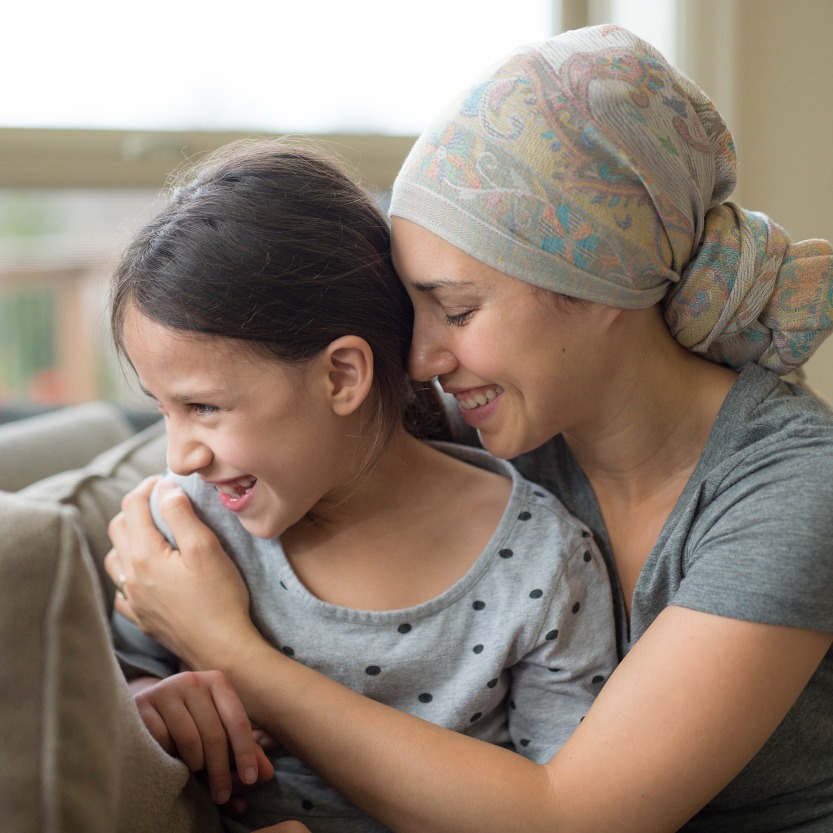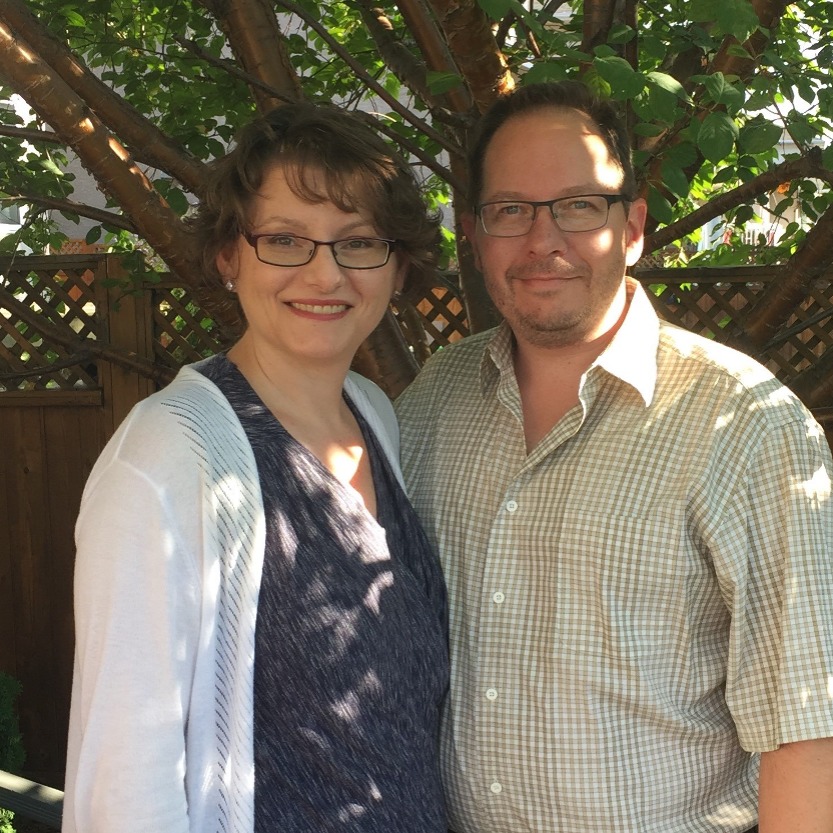By continuing to use our site, you consent to the processing of cookies, user data (location information, type and version of the OS, the type and version of the browser, the type of device and the resolution of its screen, the source of where the user came from, from which site or for what advertisement, language OS and Browser, which pages are opened and to which buttons the user presses, ip-address) for the purpose of site functioning, retargeting and statistical surveys and reviews. If you do not want your data to be processed, please leave the site.
The Voice of People With Breast Cancer
Education
Our Voices Blog
7 interesting highlights from the 2018 San Antonio Breast Cancer Symposium
Last month, we had the opportunity to attend the 2018 San Antonio Breast Cancer Symposium (SABCS). Here’s some of the key highlights to come out of the conference.
Looking on the bright side
In June 2015, I moved to London, Ontario and was recovering from a rather emotional and difficult time, having divorced in June 2014. I had moved from Sault Ste. Marie to be closer to my daughter with her husband and very young children. I would be seeing the rest of my family less often now – my parents, my two sisters, my daughter and her husband, and another granddaughter. and two step grandchildren.
A patient’s perspective on MedSearch
Tell us a little bit about yourself, where you’re from, and your experience with breast cancer.
Q&A with ODANO on how they can help you access drug coverage
Last month, we connected with Alan from ODANO, the Oncology Drug Access Navigators of Ontario, to answer a few questions about who they are and how they help patients in Ontario access life-saving medications.
Here’s how we’re helping breast cancer patients through your donations
Giving Tuesday is coming up on November 27th and we wanted to take this opportunity to highlight some of the amazing work Canadians have done to support the Canadian Breast Cancer Network. The Annual Pink Ribbons Project Gala hosted by the Full Circle Foundation for Wellness is a perfect example of community involvement shaping CBCN’s valuable resources.
Living flat is freedom
My name is Alison Thompson and I was diagnosed with breast cancer five years ago. To give you some background, my mother was diagnosed with breast cancer about 15 years ago. Her cancer was an aggressive form. It spread to her spine and brain, and she passed away about three years after the initial diagnosis.
Finding Harmony after Breast Reconstruction
I was forty years old, running a successful business, comfortable in my finances, and feeling ready to settle down and start a family. Suddenly, a breast cancer diagnosis upended my sense of contentment and sent me on a journey of chemotherapy, immunotherapy, hormone therapy, a preventative double mastectomy, and, ultimately, reconstructive surgery.
SurgeryGuide is much-needed
For Andrea Sveinbjornson of Regina, the Canadian Breast Cancer Network’s new SurgeryGuide is an invaluable tool, one that she wishes she had when she had to make decisions about breast surgery in 2016.
Could a simple blood test help detect breast cancer?
That’s what Dr. Majumder and her team of researchers at Brandon University in Manitoba are hoping to find out. Dr. Majumder, Assistant Professor in Cancer Genetics and Cell Biology, is screening blood plasma from breast cancer patients and patients who don’t have breast cancer to determine if there is a blood biomarker like micro RNA (miRNA) that could potentially tell us when breast cancer is present or growing in a person.
Living with inflammatory breast cancer
In August 2014 I found a lump in my left breast. This is unusual for inflammatory breast cancer (IBC), a rare and very aggressive cancer where cancer blocks the lymph vessels.













